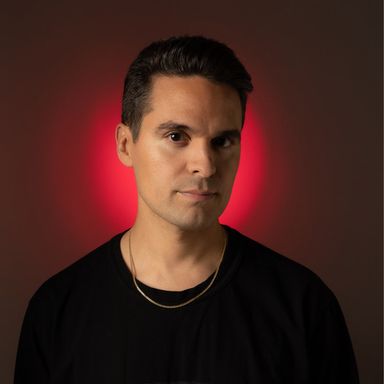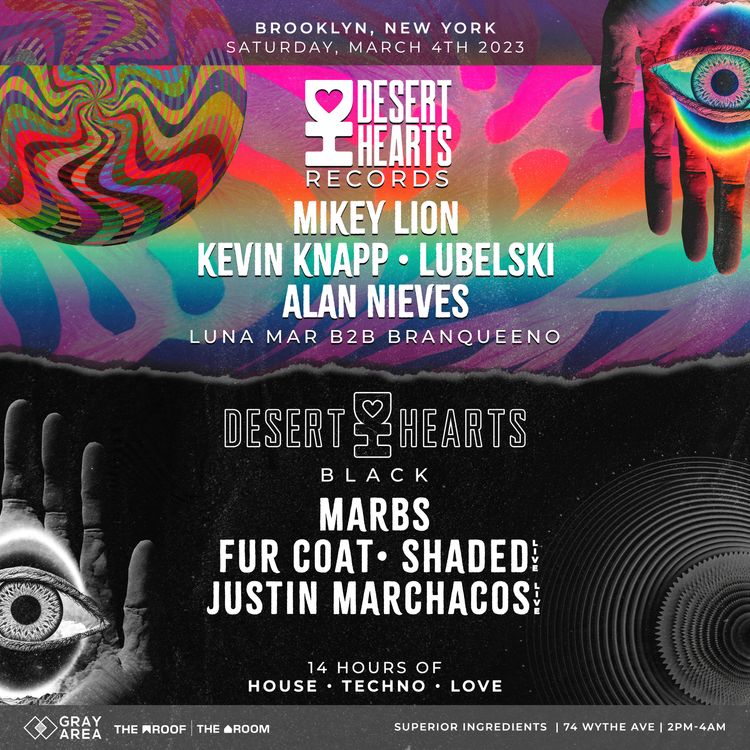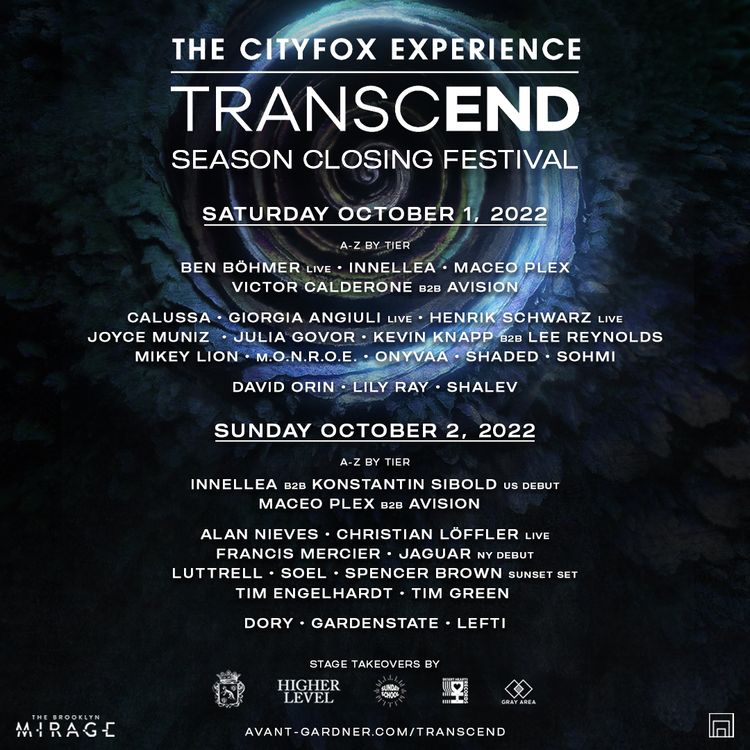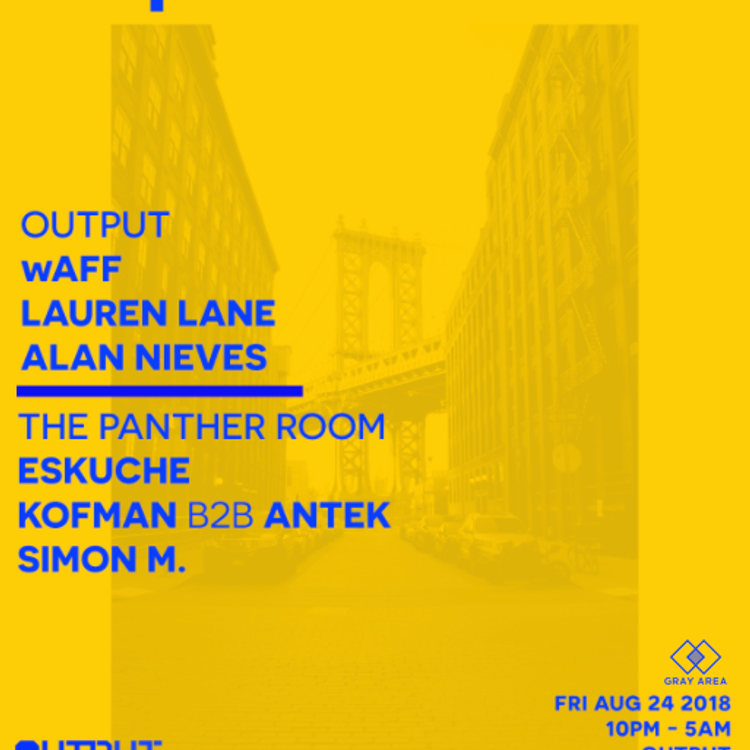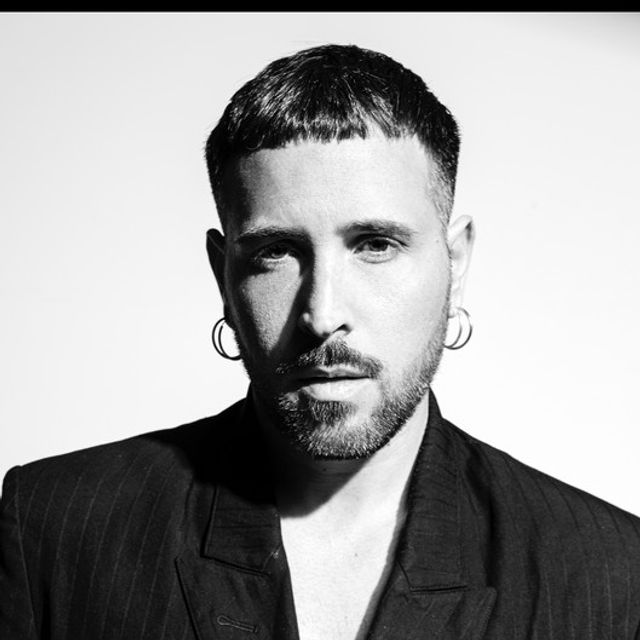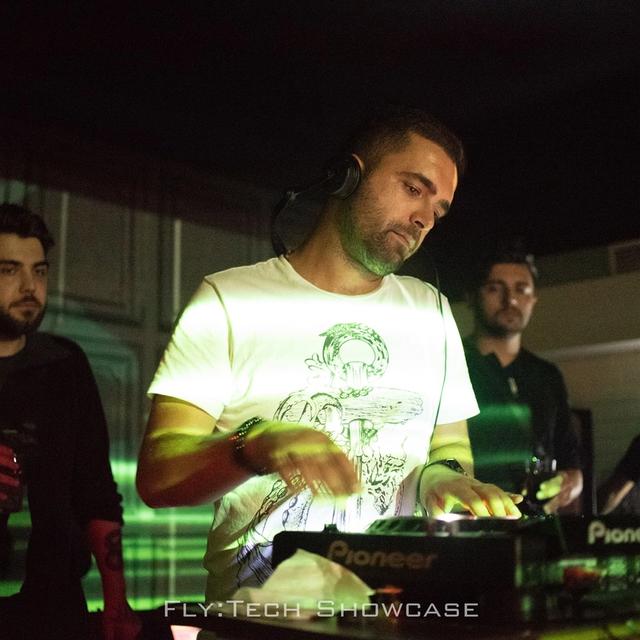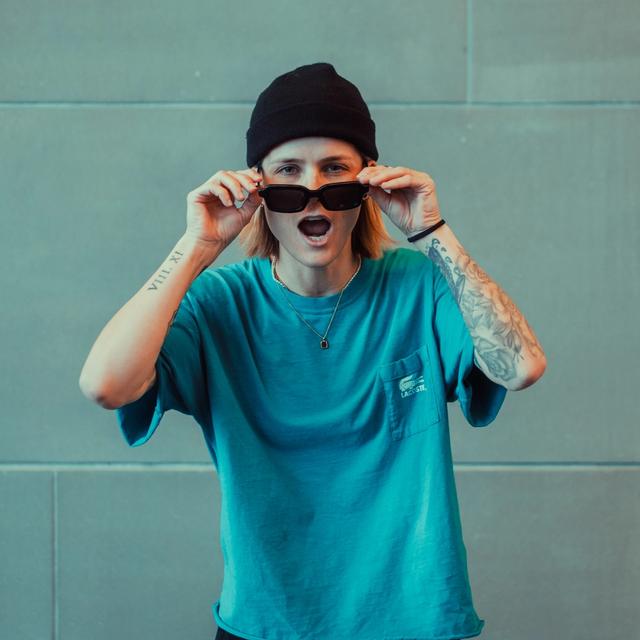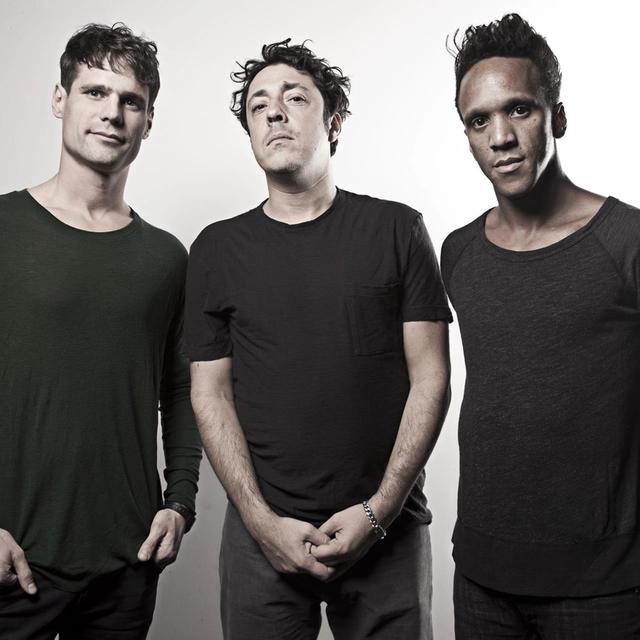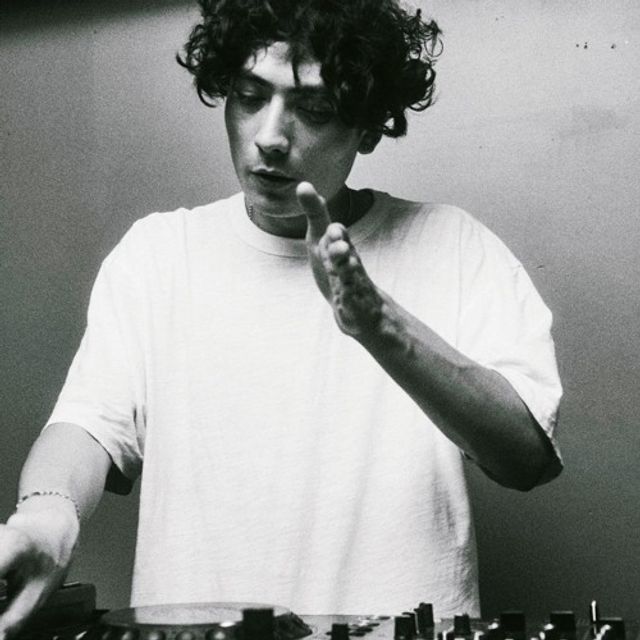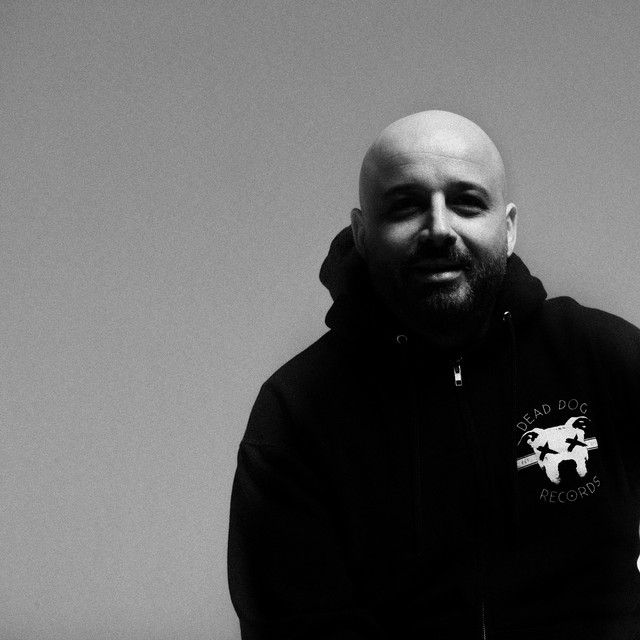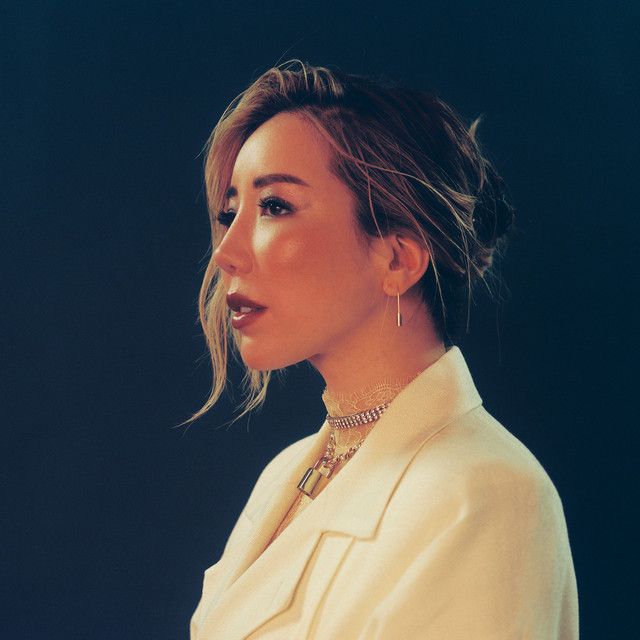Artist Spotlight
As Alan Nieves speaks to me from his New York studio, he presents a poster from the closing days of legendary New York club Output. “It's just a piece of New York nightlife lore,” he explains. “[At] the time of course I knew it would be special, but now after however many years with it being gone it just feels just a little more special.” And so our conversation goes a deep dive into the moments that formed the New York artist's musical DNA. A career steeped in a collective history lived between New Orleans, Chicago, and finally New York. All cities with deep musical histories of their own, that continue to inspire him to this day. Nieves grew up with the sounds of Celia Cruz and the Beegees wafting from his mother’s stereo. And he tells me those sounds have informed his work. “You can hear it in my music. I just released a track on Circus Recordings which is Yousef’s label called "Bailar Prohibido" which I did a little bit of the vocal for. I found some other conga riffs that I put into the track. So that's a heavy influence on some of my stuff.” And as much as Latin music makes its way into his music now, when he was growing up in Baton Rouge, Louisiana he was heavy into southern hip hop. Lil Wayne and Master P are still two of his favorite artists. In 2001 his brother handed him a CD with a mix of classic 90s and early 00s dance tracks. The shelf life of music was longer then, and even though both “Better Off Alone” by Alice DJ and “Freestyler” by Bomfunk MC were two years old at that point, they still sounded fresh. “I listened to that on repeat, and I never heard music like that.” It was such an inspiration that he downloaded his first DAW shortly after. He wasn’t completely sold on dance music as his focus at the time. He was still heavy into hip hop and was also listening to a lot of reggaeton. Jumping from genre to genre is a constant in his life. “That kind of informed my musical taste. It kind of was just a hodgepodge. I would love to be like, ‘Oh, I grew up listening to Richie Hawtin.’ But I found my way through like all kinds of other different styles of music, and here I am now.” His rich tapestry of musical influences goes deeper than the music he consumed. He comes from a musical family. His grandfather was a saxophonist and his mom was a singer. He knew he had musical leanings, but instruments never stuck. It until he downloaded his first bit of music software that he ever considered being a musician. His need to understand how music worked, combined with the era of the producer flipped the switch. “When I was in college is when it shifted in hip hop. You had Scott Storch and you had Timberland, and it was The Neptunes. It the first time that producers were stars in and of themselves. So for me when Scott Storch became a personality in his own way. Or DJ Khaled, I wanted to be more like them. I wanted to be the producer making all the beats.” And had it not been for a sliver of opportunity when he was living in Chicago, he might have never realized that a music career was even remotely possible. He sold his first beat to a local rapper for $200 when he was 20. “It was a start that kind of got me hooked. And then from there, I just kind of kept playing with it and found my way.” As he started to make more dance music, he realized it made sense to pick up DJing. And in a competitive city like New York, getting ahead wasn’t always easy. But he made some legendary friends that gave him valuable insight into the inner workings of dance music. Harry Romero and Joeski are both good friends of Nieves. He’s thrown parties with them and even helped Joeski run his label Maya Recordings. “They've they've given me invaluable insight into how they produce,” Nieves says. “And they are just great people and great individuals. And I think their music speaks for itself over the years. They've managed to just stay at the forefront by always dropping great releases.” In recent years Alan Nieves has come into his own as a producer. He boasts releases labels like Circus, Sola, and Rawthentic. He’s charted in the Beatport and Tracksource top 100 no less than 26 times. He’s also hit the top 10 overall charts on Beatport on more than one occasion. And while it’s important to revel in the successes of the past, Nieves is far more interested in what the future holds for dance music. “There’s never been more people paying attention to dance music. The places that you're hearing people play are crazier. There’s people doing house music parties in Jacksonville, Florida, they're in Des Moines, Iowa. There used to be like seven cities as recently as 10 years ago where you could have a good underground party. Now it's just blossoming and once that younger crowd in America catches on, then it's going to keep blowing up.”
